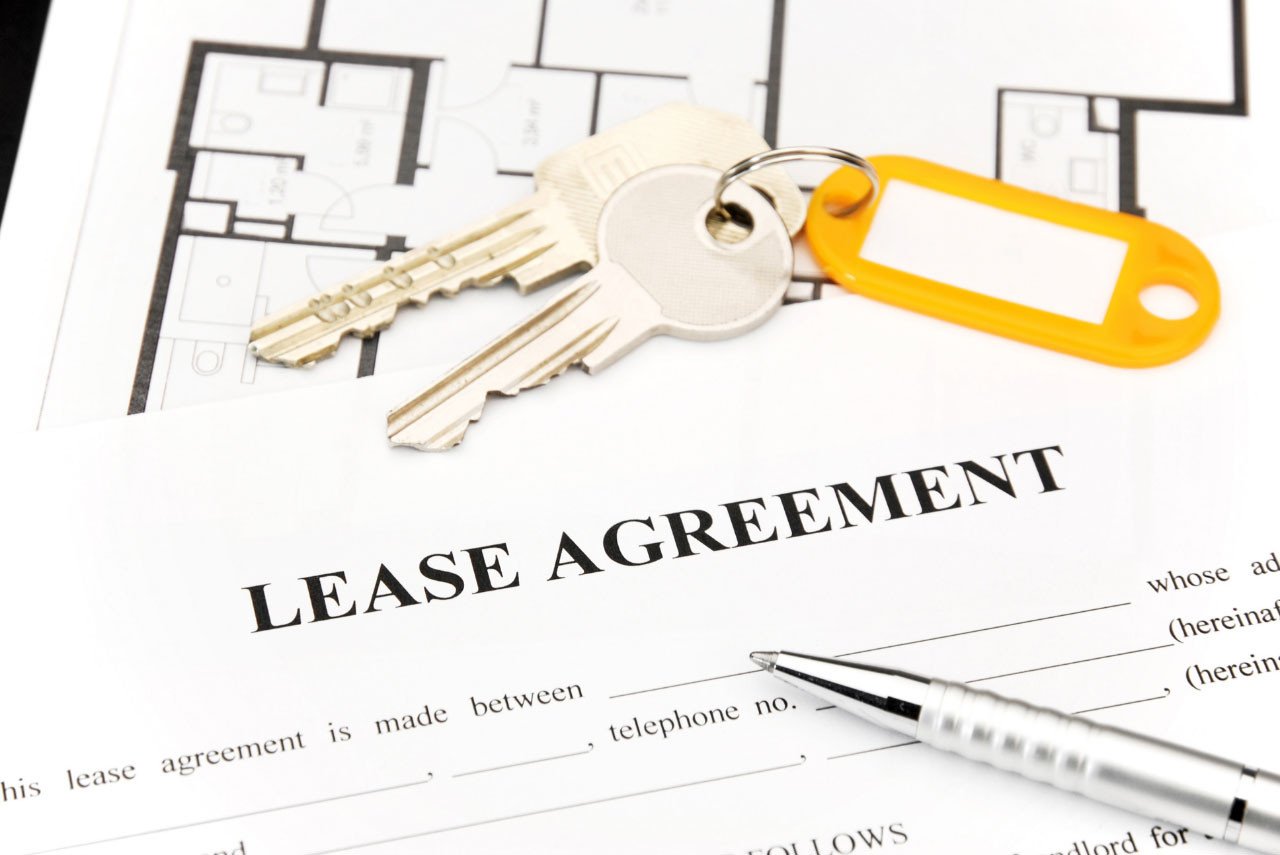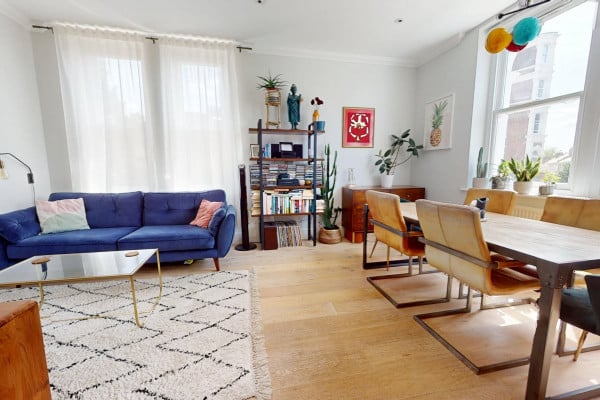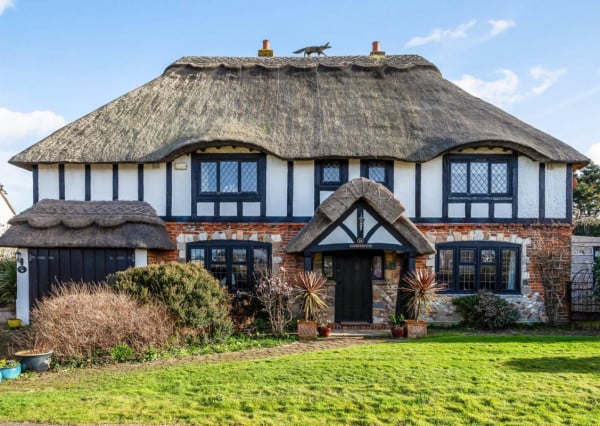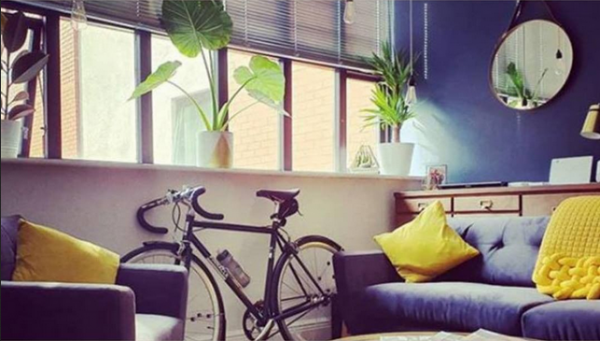Things to consider when buying leasehold property

Leaseholds: What are they and how can they affect me?
Leaseholds are best understood as a form of rent paid by homeowners to freeholders in exchange for ownership of the property and this permission usually lasts for a long time, often between 100 and 999 years. While flats and maisonettes are usually sold as leaseholds it is possible that houses may also be sold as freehold properties.
The terms leasehold and freehold were first introduced after William the Conqueror invaded Britain in 1066. The conquered land was given out to lords (who would have been the first land-lords) as leaseholds, that is to say it was given in exchange for services such as labour or military aid. Many leaseholds were eventually made available for purchase thus marking the introduction of freeholds.
In both cases, those who occupied the land had no claim of ownership as they only had the permission of the crown to work on it. Interestingly, this is still true today as the 2002 Land Registration Act reads: ‘The Crown is the only absolute owner of land’. What this means is that, whether you have a leasehold or freehold, the property is technically owned by the crown (unless it’s in Scotland or in Cornwall where it would be owned by the Duke of Cornwall).
The relationship between leaseholder and freeholder can be very rocky and some buyers have found that the terms of their lease have made their property unsellable. Here are some things the savvy buyer should consider when looking at leasehold properties:
What is the Ground rent?
Ground rent is the money paid to the freeholder and, while this is usually a negligible amount, some clauses in lease agreements can cause this figure to jump significantly. It’s very important to check contracts before you are saddled with an expensive and unsellable property.
What does it cost to extend a lease?
Theoretically, a landlord can claim ownership of the property once the lease has expired although this is very uncommon in reality as most leases are renewed when 80 to 90 years are remaining. The cost increases as the lease becomes shorter and increases drastically when it dips under 80 years. This is because marriage value, half of the property’s increase in value (triggered by the lease extension), must be paid to the freeholder. Freeholders are unlikely to remind you about this so don’t let your lease lapse!
Services Charges:
The freeholder is allowed to charge you for any work done on the property and, in some cases, unscrupulous landlords can make a tidy sum from this. Leaseholders do have legal rights when it comes to disputing unfair service charges but, of course, no one wants to fight a protracted legal case unless they have to.
Buying the freehold
Buying the freehold to a property can be a long and expensive process, especially if the existing freeholder is making money from ground rent and is unwilling to sell if informally. The good news is that you have a legal right to buy the freehold (enfranchisement) after 2 years of ownership. Calculating the cost of enfranchisement is difficult and anyone looking to go down this route would benefit from specialist advice.
Buying the Freehold of a flat
Leaseholds are most common in flats as the care of the entire building can be handed over to some other person or company. It is possible to buy a portion of the freehold and share with neighbours making the care of the building the responsibility of the inhabitants. If presented with this opportunity, consider whether your neighbours are people that you can work with.

When Property Offers Fall Through: A Guide for Sellers and Buyers
25.06.2025One of the biggest worries for anyone buying or selling a home is the possibility of the deal falling through. And it's a valid concern - nearly 29% of property sales in the UK didn't make it to completion in 2024. Whether due to cold feet, poor survey results, or mortgage issues, it's more common than most people think.

The Best Building Survey if You're Buying an Older Property
05.06.2025Buying a property is a big decision by anyone's standards, which is why it's important to view one with a practical hat on rather than being ruled by your heart.

Hidden Costs Revealed: What Your Survey Might Uncover
21.07.2024Buying a home is a major financial commitment and for most of us, it's the biggest purchase we'll ever make. Whether this is your first time stepping on the property ladder, you're an existing homeowner or you're investing in a property for commercial purposes, checking things out thoroughly is always essential. One of the most effective tools to assist with this is a property survey but, what might a survey uncover and how will that affect your property purchase?

How to save money when buying a home
05.05.2024So, you're thinking of buying a new home? That's great news! Is it a trendy three-bed terrace in a cul-de-sac? Or do you fancy a penthouse apartment with city views? Whatever the property type, we're sure you're excited about your soon-to-be new home.
.png)
How Long is a Property Chain?
22.04.2024In case you don't know by now, a property chain is when multiple transactions are linked together and need to be completed at the same time for each sale to be successful. However, many buyers and sellers often wonder about the length of a property chain.
.png)
How to Get a Bigger Mortgage
22.04.2024Unfortunately, bagging your dream home can be curtailed by a number of things. Being unable to get a big enough mortgage can be an issue that arises.









